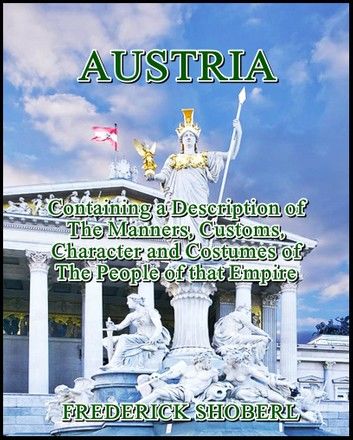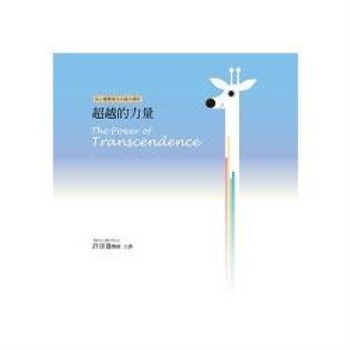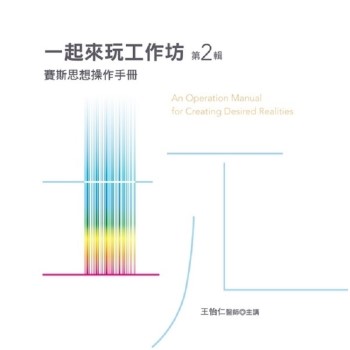| FindBook |
有 1 項符合
Austria : Containing a Description of the Manners, Customs, Character and Costumes of the People of that Empire的圖書 |
 |
Austria : Containing a Description of the Manners, Customs, Character and Costumes of the People of that Empire 作者:Frederick Shoberl 出版社:C. S. WILLIAMS 出版日期:2014-04-11 語言:英文 |
| 圖書館借閱 |
| 國家圖書館 | 全國圖書書目資訊網 | 國立公共資訊圖書館 | 電子書服務平台 | MetaCat 跨館整合查詢 |
| 臺北市立圖書館 | 新北市立圖書館 | 基隆市公共圖書館 | 桃園市立圖書館 | 新竹縣公共圖書館 |
| 苗栗縣立圖書館 | 臺中市立圖書館 | 彰化縣公共圖書館 | 南投縣文化局 | 雲林縣公共圖書館 |
| 嘉義縣圖書館 | 臺南市立圖書館 | 高雄市立圖書館 | 屏東縣公共圖書館 | 宜蘭縣公共圖書館 |
| 花蓮縣文化局 | 臺東縣文化處 |
|
|
Austria : Containing a Description of the Manners, Customs, Character and Costumes of the People of that Empire
The population of the Austrian dominions is composed of different races, each having particular manners and even a peculiar language. All these nations are far from being actuated by the same spirit, or feeling the same attachment for the state to which they belong. This is one of the great causes of the political weakness of Austria; a weakness which has been sensibly manifested in all the wars of invasion. United within a longer or a shorter period under the authority of one and the same prince, they do not form one compact whole. Thus the different inhabitants of the Austrian states have neither the same interests nor the same feelings. The Hungarians, the Bohemians and the Tyrolese, people extremely jealous of their independence, do not consider themselves as being of the same nation as the Austrians, whom most of them in fact deem beneath them, because in general they possess greater vivacity and a more strongly marked character. There is no spirit of unity among them, though all are subject to the same sceptre.
The principal nations distributed over the spacious dominions of Austria are the Germans, the Slavonians, and the Magyares or Hungarians properly so called. We also meet with Walachians, Ziganis or gypsies, Greeks, and a few Armenians, French and Walloons; but these form no important part of the population. There is another race, which, though of foreign extraction, is widely spread over these provinces as throughout every country in Europe, and that is the Jews. These people, who form a distinct nation amidst all other nations, swarm in the various provinces of the Austrian monarchy, with the exception of Styria, Carinthia and upper Austria. Bohemia, Moravia, Hungary and Galicia contain great numbers of them. Thus it is calculated that there are 170,000 of them in Galicia, 130,000 in Hungary, 50,000 in Bohemia, and 30,000 in Moravia. They are likewise very numerous in Transylvania.
It is very generally supposed in other countries that the greatest part of the population of Austria consists of Germans: but this is by no means the case. Austria, properly so called, is the only province that is entirely peopled by Germans; all the others are more or less inhabited by Slavonians, and the other races mentioned above. The Germans are also diffused over Styria and Carinthia. In Bohemia, there is but one circle, that of Ellbogen, which is entirely peopled by them. Of Moravia they occupy only the part situated on the confines of Austria and Silesia, as well as the districts to the south of the circles of Znaim and Brunn. Still less numerous in Hungary, they are scarcely met with excepting in certain villages in the counties of Zips, Wieselburg, Œdenburg, Scharosch and Eisenburg. In Transylvania there are more of them: but their number there is inferior to that of the natives. In Galicia, if we except several of the principal towns, we find no Germans but in a few villages whither they have been sent by the government to introduce improvements into the system of agriculture. Thus most of the wealthy citizens of Cracow are Germans, of Saxon or Silesian extraction.
The most numerous of all the races spread over the territories subject to Austria is the Slavonian, now but little known by this generic name, on account of the immense extent of country which it inhabits. Interesting for more than one reason, the Slavonians are worthy alike of the meditation of the philosopher and the researches of the historian, as well on account of the vast space they occupy, as the uniformity of manners which they have preserved in all ages, notwithstanding the vicissitudes experienced by the governments to which they were subject. The numerous traces left by their language in various idioms in which we should never expect to meet with words of Slavonic origin, render the study of it of great importance.
|











